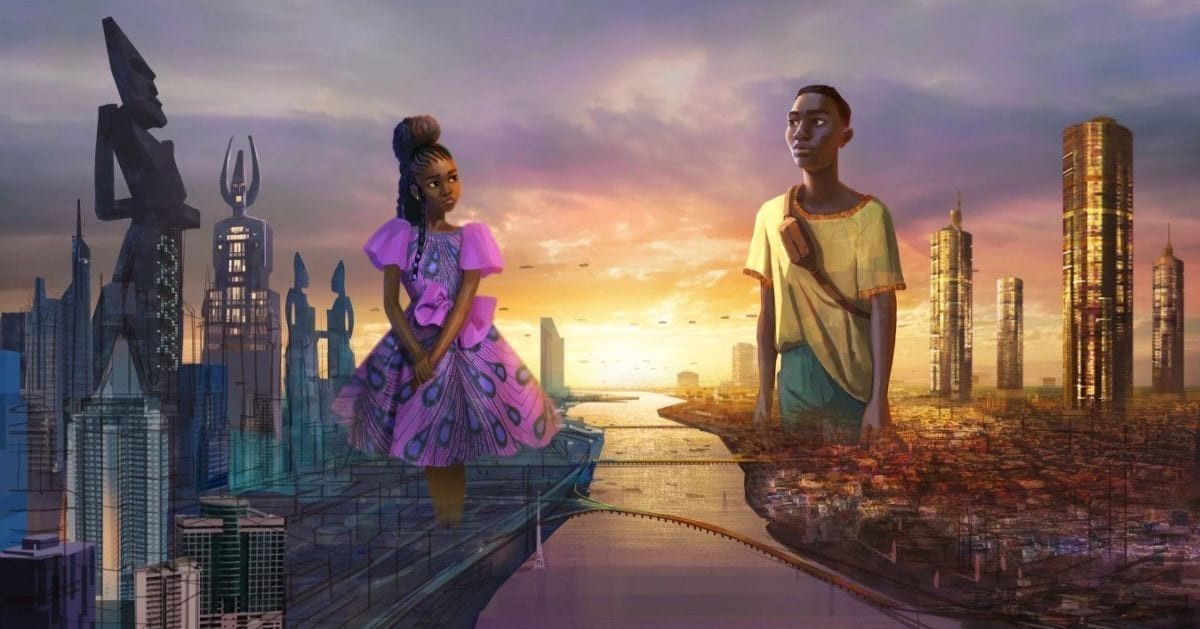
The film production styles have undergone self-reinvention, where strategies for bigger budgets, better equipment, better training for actors, achieving the quality picture to break into big league festivals, have become central to industry discussions. Whatever international prestige lies around the corner, the modes of film-making that is in Africa has drastically improved from simply selling out the African culture to telling Real life stories and spearheading change in African Agendas.
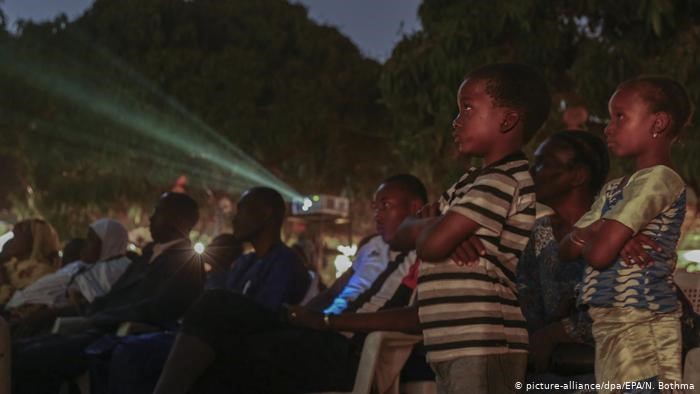
It will be right to say that the African film market is a ‘moving target’ just as what Associate Professor Moradewun Adejunmobi, a scholar of African literature and African popular culture pointed out on Nollywood being a kind of ‘moving target’ that constantly trans-forms as technologies, markets, and cultural expectations also change. We believe that the African filmmakers are taking advantage of the African’s diverse, unique locations as well as low production costs and favorable exchange rate.
As we look towards the development of the film industry in the Greater East Africa, the Kenya Film Commission held the 4th Edition of Kalasha International Film and TV Market that took place at the Sarit Expo Centre in Nairobi. The event that run from 5th to 7th May 2021, was a three-day trade fair that showcased companies from East Africa, and the rest of the world and offered high-level interaction for trading where content creators shared ideas with side events that included; conferences, workshops and pitching sessions all that revolved around this year’s theme – “The Future of Content Creation in Africa”. The platform was able to provide filmmakers with a chance to learn about all aspects of feature film production, from location scouting and costume design to directing and post-production. By connecting producers, directors, script writers, videographers and other production crew members, the East African film industry is in urgent need of this know-how and professional expertise.
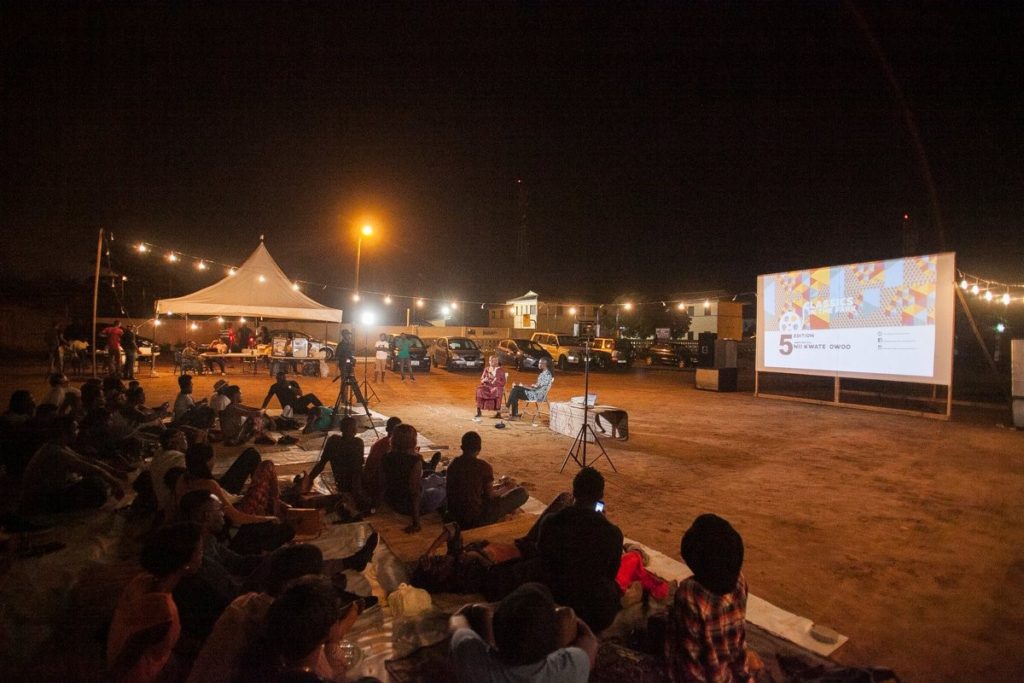
In 2020, at the Zanzibar International Film Festival held at the Old Fort Amphitheatre in Stone Town. African directors and producers showcased movies and documentaries that explored brave new ways of production and challenged traditional narratives of storytelling. Whether focusing on toxic masculinity in Kenya, paying homage to Rwandese mythology, or addressing political crisis in Tanzania, these bold pictures collectively pushed the fold of creative filmmaking and offered a multidimensional narrative about the continent.
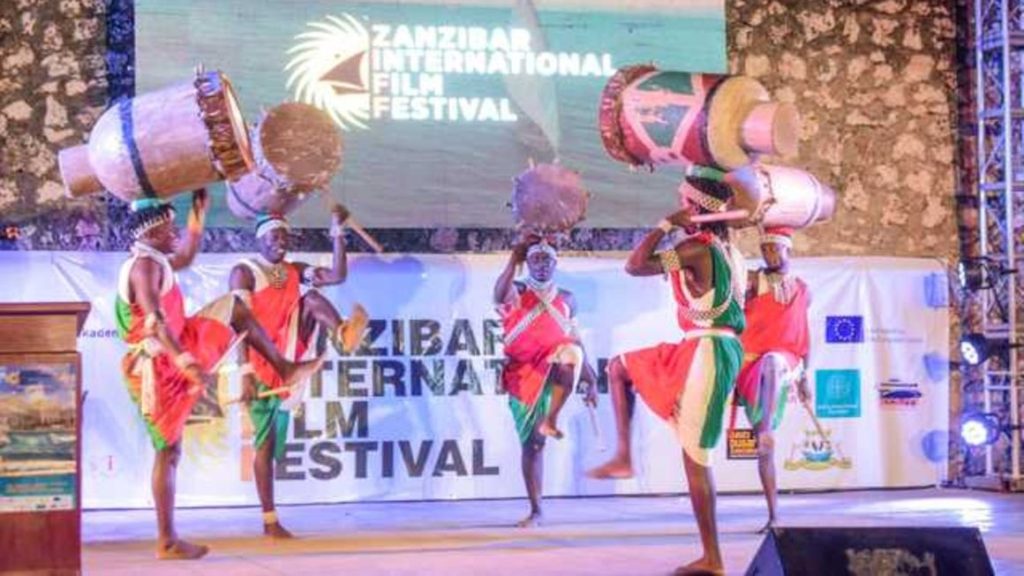
The African film industry depicts a video culture, located in the everyday concerns, struggles, dreams, and hopes of ordinary people, to the genre of African popular culture and according to Director Mira Nair, a Hollywood director, who has also directed Disney’s Queen of Katwe, has stayed in Uganda for over 27 years, she says, “I am deeply inspired by people who are considered marginal to our society and how they work their way to create who they are, despite the abject struggle of where they might be.” Nair affirmed with proclamation the importance of true depictions of Africans, stating, “That is a massive lesson for the rest of the world. And it is about time that we show a portrait of how we really live! And that doesn’t happen often.”
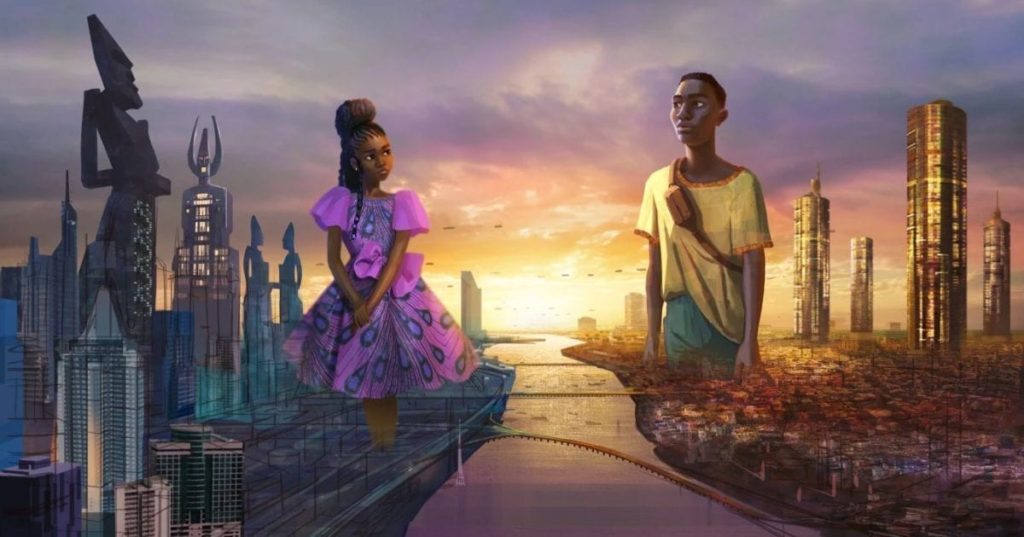
The African film industry has evolved drastically and Africans are continuing to take charge of their stories using the big screens so to say, bringing a new confidence and optimism. Young filmmakers are learning and delivering more technical expertise into a flourishing industry. But, with a very bright future full of old talents bringing their experience, and new talents bringing their vision, knowledge, digital and technical know-how the possibilities are endless.

iamnativ is the go to marketplace in Africa connecting African creatives to global clients.
The Innovation Village, Ntinda Complex, Kisassi Rd, Kampala, Uganda
Oudezijds Achterburgwal 1012 DJ, Amsterdam, The Netherlands

iamnativ is the go to marketplace in Africa connecting African creatives to global clients.
The Innovation Village, Ntinda Complex, Kisassi Rd, Kampala, Uganda
Oudezijds Achterburgwal 1012 DJ, Amsterdam, The Netherlands
Leave Your Comment